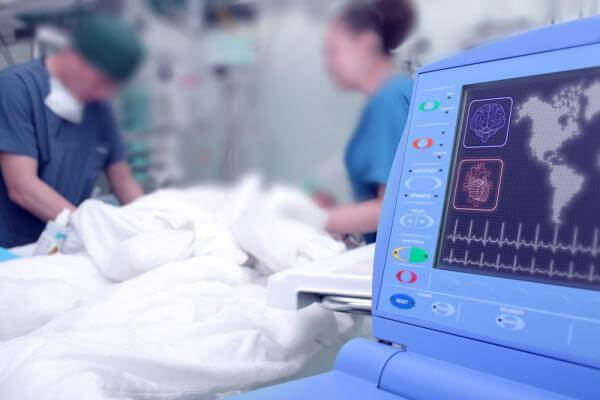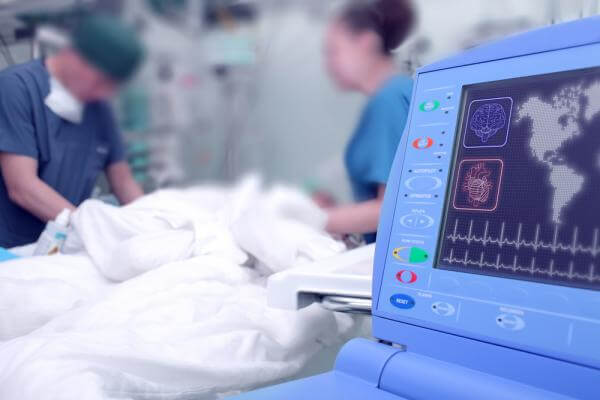
Skilled NHS health professionals in Scotland to benefit from funding to help them teach counterparts in developing countries.
Skilled health professionals within the NHS in Scotland are to benefit from UK government funding to help them teach and offer practical assistance to their counterparts in developing countries.
International Development Minister, Desmond Swayne, announced the support for two Scottish projects as he hosted a meeting in Glasgow today with Scottish medics and volunteers involved in the schemes. The funding will link the Greater Glasgow and Clyde Health Board with hospitals in Malawi and Ghana to improve survival rates and treatment for burns patients in those countries.
Medics within Greater Glasgow and Clyde Health Board will benefit from £98,200 towards their project work with Queen Elizabeth Hospital in Blantyre, Malawi, which will allow a series of workshops to be created around preventing burns injuries.This will reach around an estimated 200,000 people in Southern Malawi.
They will also receive £76,200 of funding to improve their links with Korle-Bu Teaching Hospital in Accra, Ghana, with Scottish medics training 15 specialist nurses and up to 100 additional nurses in advanced burns care courses.
Announcing the support, Mr Swayne said:
“The world class doctors and nurses, surgeons and anaesthetists that make up our NHS have the potential to transform healthcare in the world’s poorest countries. This is something we can all be genuinely proud of.
“The UK Government continues to back this excellent work by providing new funding to medics here in Scotland to harness their skills and expertise and link them up with projects in Malawi and Ghana respectively to help improve the survival rates of people with burns injuries.”
The Health Partnership Scheme works to improve healthcare for people in some of the world’s poorest counties. The scheme involves partnerships between NHS and UK organisations and health systems in developing countries.
With a shortage of 4.25 million health workers around the world, the growing gap between the supply of appropriately trained health workers and the demand for their services is a key issue for underdevelopment and poverty worldwide.
The scheme also benefits the UK healthcare system as volunteers return to the NHS with increased knowledge, better leadership skills and an improved ability to deal with complex situations under pressure.


















